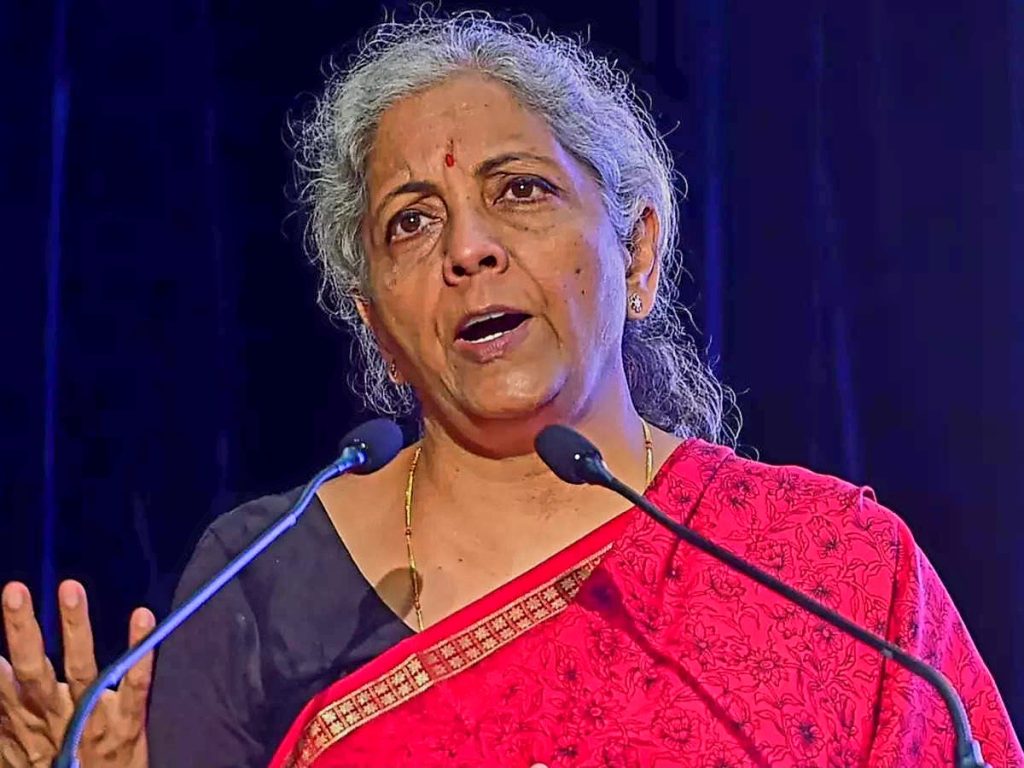In an effort to implement substantial reforms in essential banking regulations, Union Finance Minister Nirmala Sitharaman presented the Banking Laws (Amendment) Bill, 2024 to the Lok Sabha during the parliamentary session on Friday. Banking Law amendment Bill 2024: What are the principal modifications? Here are the important modifications in this banking law amendment bill 2024;
1) The proposed legislation seeks to expand the number of nominees allowed per bank account from one to four, among other provisions.
2) Another significant amendment pertains to the redefinition of ‘substantial interest’ concerning directorships. It may elevate the threshold from the existing ₹5 lakh—established nearly six decades ago—to ₹2 crore.
3) Furthermore, the Bill intends to provide banks with greater discretion in establishing compensation for statutory auditors.
4) Additionally, it suggests altering the regulatory reporting schedule for banks to the 15th and the last day of each month. It will supersed the current practice of reporting on the second and fourth Fridays. Objectives of banking law amendment bill 2024 The Bill received approval from the Union Cabinet aims to modify various legislative frameworks. It includes the Reserve Bank of India Act of 1934, the Banking Regulation Act of 1949, the State Bank of India Act of 1955, as well as the Banking Companies (Acquisition and Transfer of Undertakings) Acts from 1970 and 1980. Additionally, the Lok Sabha has recently endorsed the tax measures outlined in the union budget for the fiscal year 2025. It includes amendments proposed by Finance Minister Nirmala Sitharaman. These amendments feature the reinstatement of the inflation adjustment benefit for taxation on profits derived from property sales. The Finance Minister articulated that these amendments to the Finance Bill are introduced as part of the National Democratic Alliance (NDA) government’s commitment to engaging in extensive consultations nationwide following the presentation of the union budget, ensuring that the budget aligns with the aspirations of the general populace.



